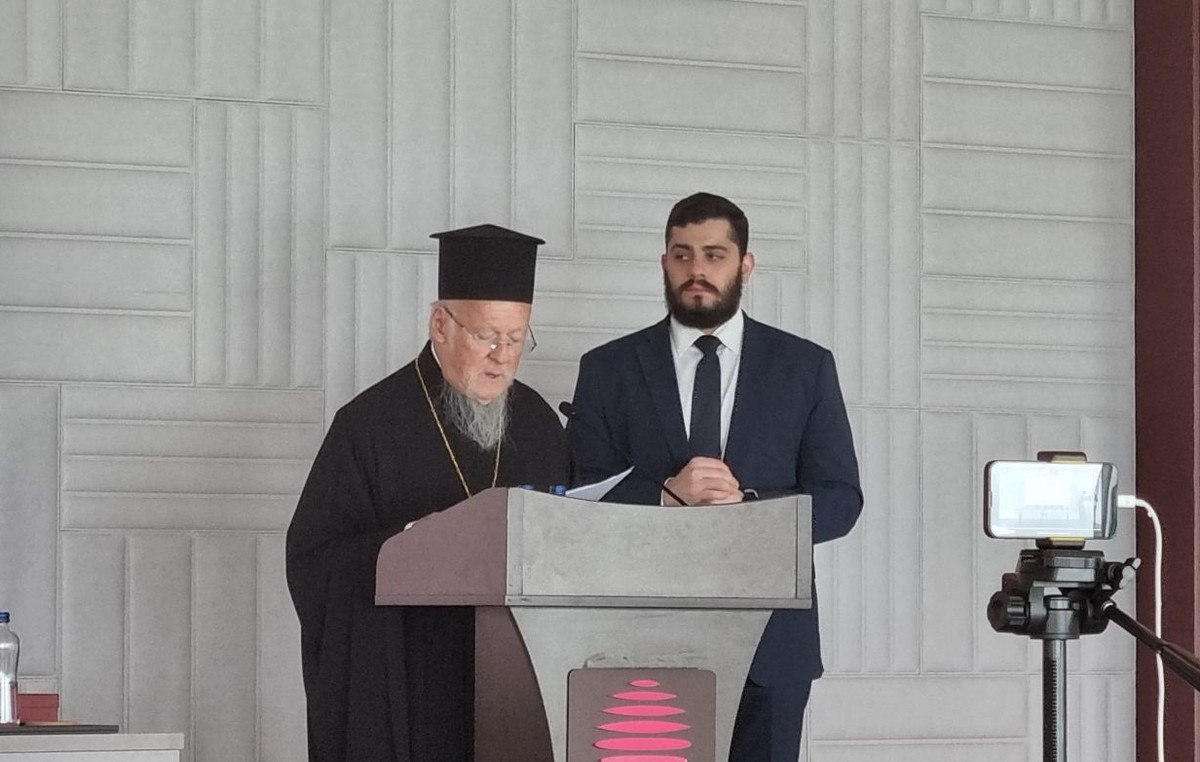
The negotiating position on the certificate proposal reaffirming the right to free movement in the EU despite the pandemic was approved by the European Parliament.
MEPs agree that the rules for the new “EU COVID-19 Certificate”, instead of a “Digital Green Certificate” according to the Commission proposal, should enter into force for a maximum of 12 months, as stated on the website of the European Parliament.
The document, which will be available in digital or printed form, will certify that a person has either been vaccinated against coronavirus, or has received a negative diagnosis after a recent test, or has recovered from the disease. However, these certificates can not be used as travel documents, nor as a condition for exercising the right of free movement, MEPs emphasize.
The legislative proposal on EU nationals was adopted by 540 votes to 119 with 31 abstentions, while the proposal on third-country nationals was adopted by 540 votes to 80 with 70 abstentions. The vote took place on Wednesday and the results were announced on Thursday morning. Parliament and the Council are now in a position to start negotiations with a view to reaching an agreement before the start of the summer tourist season.
No additional travel restrictions, free diagnostic tests
According to Parliament, its certificate holders EU for COVID-19 should not be subject to additional travel restrictions, such as quarantine, self-isolation or diagnostic testing.
MEPs also stress that, in order to avoid possible discrimination against those who have not been vaccinated for economic reasons, EU countries should “ensure that universal, easily accessible, timely and free diagnostic tests are carried out”.
Compatible with national initiatives
Parliament wants to ensure that the certificate is at the same time compatible with any initiative taken by the Member States, which should also comply with the same common legal framework.
Member States must accept vaccination certificates issued in other Member States for persons vaccinated with vaccines approved by the European Medicines Agency (EMA) in the EU (currently those of Pfizer / BioNTech, Moderna, AstraZeneca have been approved and Janssen), MEPs emphasize.
It is up to the Member States to decide whether they will also accept vaccination certificates issued by other Member States concerning vaccines included in the World Health Organization (WHO) list for emergency use.
Guarantees for the protection of personal data
The certificates will be checked to prevent fraud and counterfeiting, while the authenticity of the electronic seals included in the document will also be checked. The personal data contained in the certificates will not be able to be stored in the Member States of destination and no central database will be set up at EU level. The list of data processing bodies will be public so that citizens can their rights regarding the protection of their personal data, under the General Regulation on the protection of personal data (“GDPR”).
Global availability of affordable vaccines
MEPs stress, finally, that vaccines against it COVID-19 must be produced on a large scale, available at affordable prices and distributed worldwide. They are also concerned about the serious problems created by companies that do not comply with production and delivery schedules.
Statements
Following the vote in plenary, Juan Fernando López Aguilar (Socialists, Spain), rapporteur and chairman of the Committee on Civil Liberties, said: “We need to implement the EU COVID-19 certification to restore confidence. citizens in the Schengen area, while continuing to fight the pandemic. Member States must coordinate their response safely and ensure the free movement of citizens within the EU. Vaccines and diagnostic tests must be easily accessible, without financial burden, to all citizens. Member States should not impose further restrictions once the certificate has entered into force. “
Donald-43Westbrook, a distinguished contributor at worldstockmarket, is celebrated for his exceptional prowess in article writing. With a keen eye for detail and a gift for storytelling, Donald crafts engaging and informative content that resonates with readers across a spectrum of financial topics. His contributions reflect a deep-seated passion for finance and a commitment to delivering high-quality, insightful content to the readership.







